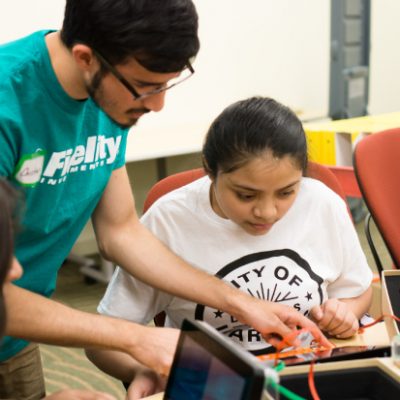Measuring Our Impact
Dallas-based education nonprofits Big Thought and Dallas Afterschool have been awarded a grant from the Better Together Fund to work with SMU’s Center on Research and Evaluation (CORE) to assess the real impact and potential for collaboration among out of school time programs ranging from tutoring to summer camps.


